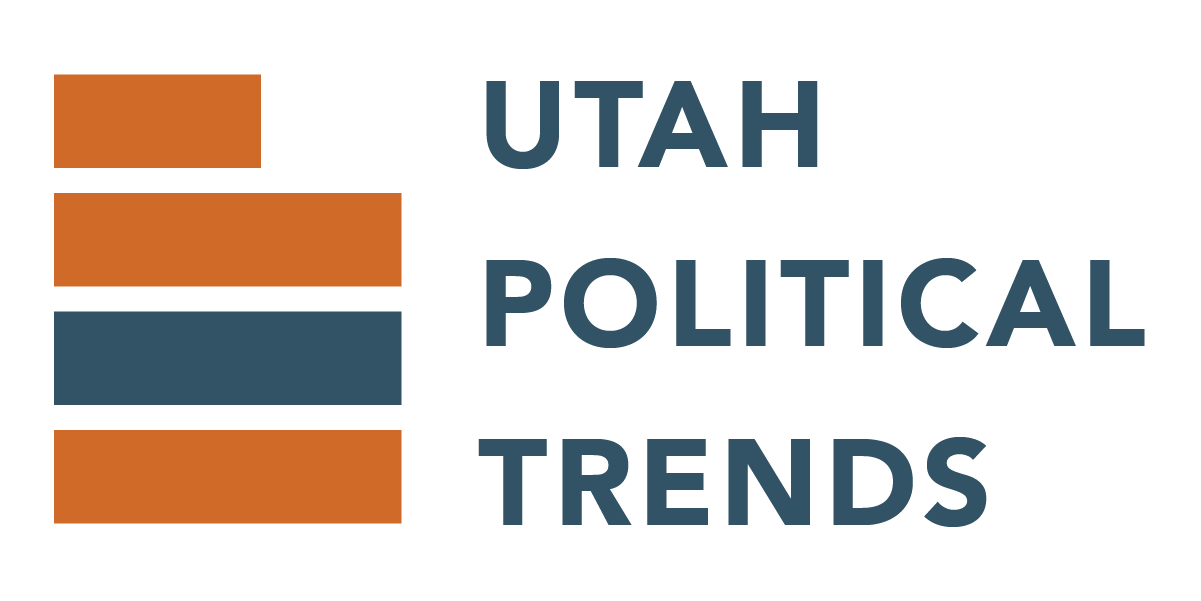Correlation of Education and Vote Choice:
Using the ANES and UCEP data, we analyzed the correlation between the two variables of educational attainment and vote choice and found a slight negative correlation. That is, those with higher levels of educational attainment were slightly less likely to vote for Donald Trump in 2016. We found that that relationship also existed in Utah, but to a slightly smaller magnitude. Specifically, the correlation of these two variables nationwide was about -0.131, and in Utah it was -0.109.
What about the relationship of educational attainment and vote choice controlling for other factors? We analyzed this multivariate relationship using a simple multivariate logit model. Generally higher educational attainment is associated with a lower likelihood of having voted for Trump in 2016, but this relationship persists even when holding constant the factors of party affiliation, age range, religion, income, race, gender, and county. Moreover, our simple predicts that among Utah voters the likelihood of having voted for Trump decreases further at each individual sub-group of educational attainment. For instance, those who have some college education were found to be less likely to vote for Trump than were those who only graduated High School, but those with Bachelor’s Degrees were less likely still, and those with postgraduate degrees even less likely. In our view, this speaks to the effect of education on vote choice as having some unique, marginal nature that is salient even when separated from other possibly confounding factors as the ones mentioned above. If this is true, there is additional accuracy to be gleaned in our polling by adding an education parameter to our weight, despite the things we already incorporate into our weighting scheme.
